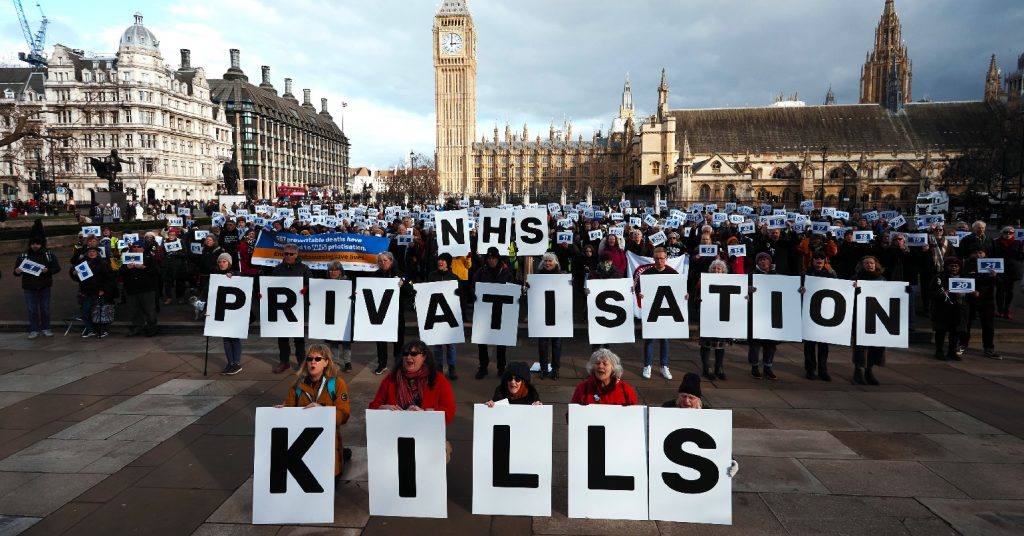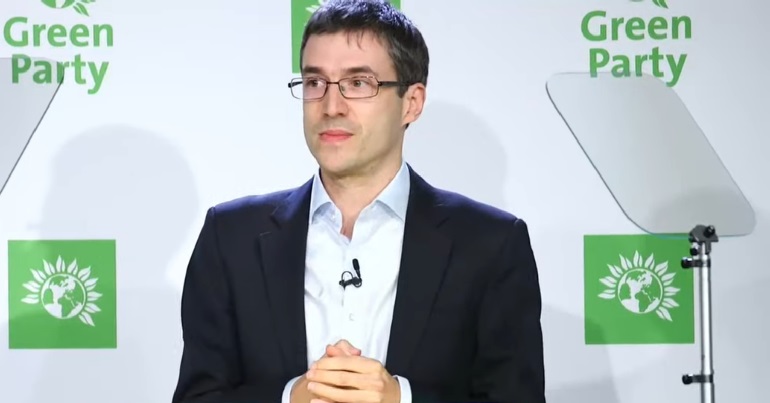Rail privateer finds privatisation works, he couldn't be more wrong
By George Woods
If the publication of the Brown Report passed you by last week, don’t be too hard on yourself. The media greeted the government’s review on rail franchising with almost blanket non-coverage. But its findings represent a huge missed opportunity to fix Britain’s railways and help set the economy on the road to recovery.
First though, cast your mind back to last October. The Department for Transport had just been forced into a humiliating retreat, reversing its decision to award the West Coast Intercity franchise – one of the most lucrative routes in the country – to First Group and not to the incumbent Virgin Trains. Howls of indignation from multimillionaire owner Richard Branson had led to the whole process being declared null and void due to mysterious ‘administrative errors’. Heads rolled at the DfT. In the aftermath of the debacle, the Government commissioned Richard Brown, Eurostar boss, to look at what had gone wrong and suggest improvements.
Fast forward to last week, when Brown made his findings public. Welcoming the report in the House of Commons, transport secretary Patrick McLoughlin said:
“Mr Brown concludes that franchising is a fundamentally sound approach for securing the passenger railway services on which so many people rely.”
Now, it’s not at all surprising that this leading figure in the privatised railway system – that has proved so profitable for privateers and speculators – judged there to be no structural fault with the system of franchises.
But fundamentally sound it is not. What the West Coast Intercity fiasco did was shine a spotlight on one aspect of the mess that is Britain’s privatised network.
And what makes Brown’s recommendations even more timely is that this week marks twenty years since the vote that paved the way for the privatisation of the railways.
Unlike some of the other major privatisation projects that characterised the Conservative rule of the 1980s and 1990s, the railway sell-off was controversial to many on the political right. That’s partly why it had taken so long to get around to it. Thatcher herself had said that rail privatisation would be a ‘step too far’, and there were numerous voices of dissent from the Conservatives’ own ranks when Major’s government announced its intention to sell off the railway. The CBI had warned in 1992: “Far from encouraging private-sector interest, there is real danger that privatisation will be a blueprint for bureaucracy.”
They have been proven right. The fact that rail is a natural monopoly was ignored. Splintering the network has led us to having the most expensive rail system in Europe and easily one of the most inefficient.
The public money going into the railways has increased from around £2.4 billion per year before privatisation (in the period 1990/91 – 1994/95) to approximately £5.4 billion per year now (in the period 2006/6 – 2009/10), all at 2009/10 prices. This doesn’t cover the additional extra cost going into the railway from higher real-terms passenger fares, which have risen three times faster than wages since the beginning of the recession in 2008.
And take top tier pay. Chief Executives at train operating companies and at Network Rail typically receive remuneration packages of £640,000 to £1.35 million per year, equivalent to a salary of a CEO at a major mid-250 FTSE company. The number of private companies now working in the railway industry means that there are many more posts for which this salary range is considered appropriate.
So there is ample evidence that Brown could have drawn upon to make a case for a better, more economically responsible way to run the railway, had he wanted to. But as TSSA General Secretary Manuel Cortes remarked:
“The current system is broken but both Brown and the Secretary of State want to carry on regardless. Rail fares have doubled since the Tories voted to privatise rail 20 years ago and this report means they will carry on rising above the rate of inflation for the next decade as well.”
So an opportunity to remould the railway to better serve passengers and taxpayers was wasted. What the Brown Report concluded was exactly what those who commissioned it wanted it to conclude: in favour of business as usual. And for the train operating companies and banks which have made a fortune from the railway over the last two decades, business is good.
To join the movement against high train fares, visit www.farefail.org




Excellent article. The railways should be renationalised.